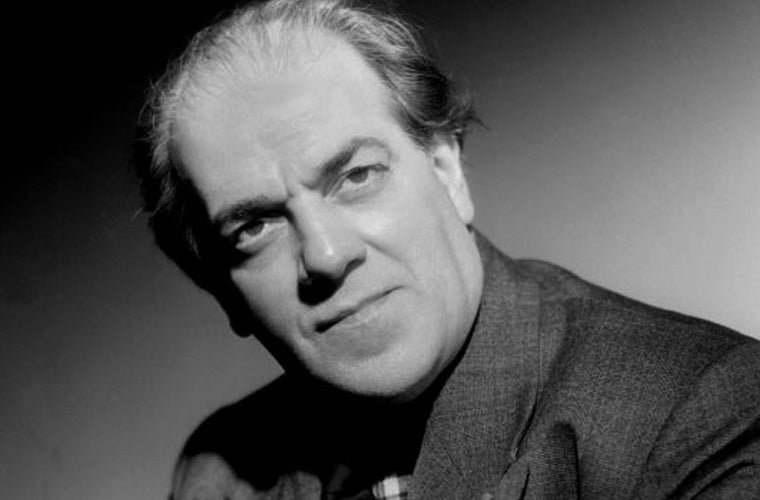
Heitor Villa-Lobos
1887 - 1959
Biography
Heitor Villa-Lobos was a Brazilian composer and a musician. Born on March 5, 1887 in Rio de Janeiro, Villa-Lobos is said to be one of the most significant and creative ingenious of 20th century Brazilian music. He composed several orchestral, choral and instrumental works. His music contained the blend of Brazilian folk music and stylistic rudiments from European conventional customs. He was self-taught therefore his music grew in totally liberal and innovative fashion.
Villa-Lobos began his musical training from his father who was a librarian, an amateur astronomer and a musician. His father orchestrated regular musical evenings at his home. This gave Villa-Lobos the opportunity to keenly observe the musical instruments. And soon he was able to play guitar, cello and clarinet. After his father’s death Villa-Lobos earned a living for himself and his family by playing in cinemas and theatres in Rio. Although he wanted to enter school and study medicine but his love for music and education were ill-matched. He preferred spending time with local street musicians and started familiarizing himself with different musical instruments. As a result Villa-Lobos was able to play many musical instruments at a very early age.
In his early youth, from 18 to 25, Villa-Lobos traveled around Brazil and African Caribbean nations, assessing, observing and learning different native musical styles and their characteristics. This helped him in composing his first ever musical composition called Piano trio No. 1.
After he returned from his tours to Rio in 1912, Villa-Lobos tried briefly to start his formal education but his love and passion for music altered his thoughts about any formal education. He spent most of his time playing instruments and composing music For the next ten years he played cello as a freelancer in numerous cinemas and theatres. At last he internationally gained acknowledgment when he composed his third symphony A Guerra which was mostly funded by the government.
Between 1923 to 1930 Villa-Lobos saw more success. In these seven years he found himself at centre of attraction in the musical world of Paris. Immensely funded and commissioned he indulged himself in writing more and more musical compositions despite the failing health. His musical compositions were being broadcasted widely and recurrently performed. Ultimately he returned to Brazil and in 1930s immersed himself in spreading public music education. He traveled all across the Brazil and offered his services as musical mentor. Last ten years of his life were completely immersed in traveling and performing in many concerts mainly in Paris and New York. In 1922 he was appointed as a director of Education in Brazil. In 1944 he came to United States to orchestrate many of his works. In 1945 when he returned from United States he showed his ultimate passion towards music when he co-founded the Brazilian Academy of Music. Heitor Villa-Lobos died on November 17, 1959 in Rio de Janeiro.
He composed more than 1500 works in many genre including, ballets, operas, orchestral pieces, choral works, solo guitars and movies. They are distinguished by their inventiveness and innovative structure. His compositions include twelve symphonies numerous operas, chamber music and somewhere about 2000 songs. His best works include nine suites of Bachiana’s (1930), and Charos (1920-1929).